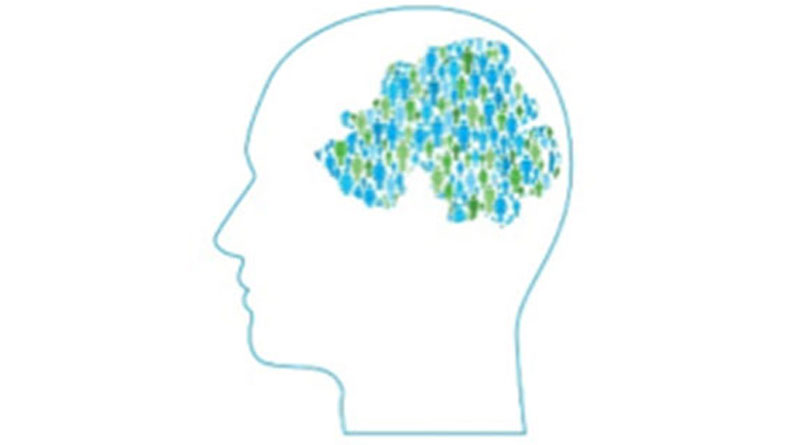Link Between Hormone Replacement Therapy And Increased Risk Of Dementia Study Reveals
A large, observational Danish study has reported that menopausal women who use hormone replacement therapy (HRT) have an increased the risk of developing dementia in later life.
The study used data from health registries, including detailed history of hormone treatment, and diagnosis of dementia cases in specialised memory clinics.
The results suggested both short- and long-term use of HRT might have an effect. Although the study took certain factors that might influence dementia risk – such as lower socioeconomic background – into account, it wasn’t able to account for other risk factors such as smoking or social isolation.
Dr Susan Kohlhaas, Executive Director of Research & Partnerships at Alzheimer’s Research UK says;
“Dementia is the number one cause of death amongst women in the UK. It affects about twice as many women compared with men, and this difference can’t be explained by differences in longevity alone. It’s therefore important to understand what contributes to dementia risk, as this could help develop prevention strategies for those most at risk in the future.
Understanding whether hormone replacement therapy (HRT) plays a role in dementia risk has been a priority for the research community in recent years. Such studies, however, have so far been inconclusive and contradictory, with some suggesting that HRT reduces risk of dementia, and others suggesting it increases risk. Reasons for this may be because of differences in age when HRT is given, differences in how HRT is used, and different types of HRT used over the years.
This large, nationwide Danish study has found an association between both short- and long-term use of HRT and an increased risk of dementia. Unfortunately, it doesn’t provide a conclusive answer on whether HRT contributes to dementia risk, because the study did not consider some of the other factors known to be involved, such as social isolation, smoking or dietary factors like alcohol.
Women need to understand the implications of deciding to take HRT in terms of benefits and risks and, at the moment, as far as dementia is concerned, we’ll need to wait for more research to give clearer answers. In the meantime, people should speak to a qualified healthcare professional if they would like to know more about the known benefits and risks of taking HRT to manage symptoms of the menopause.”






